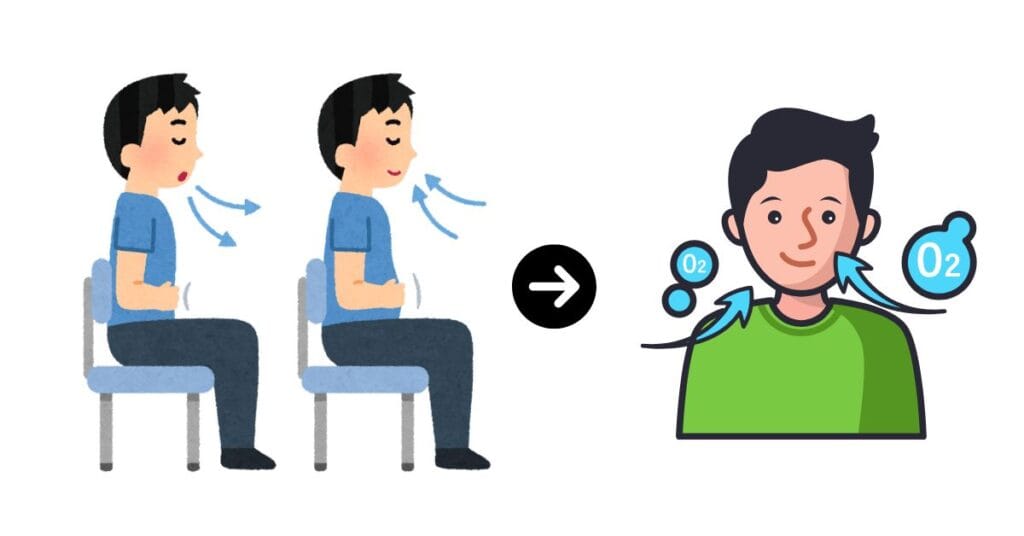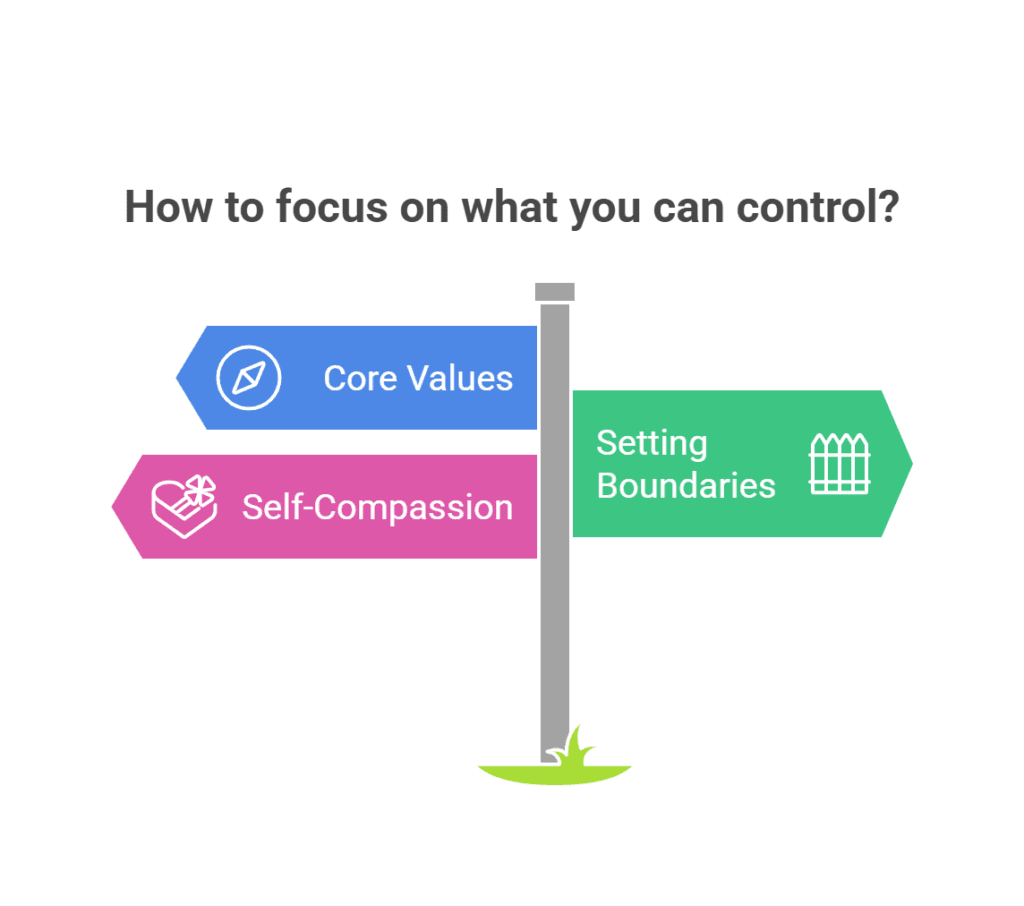Worrying about what others think can be a constant source of stress, limiting your potential and holding you back from living authentically. It’s natural to care about others’ opinions, but often, these concerns are exaggerated and unnecessary.
Here’s the truth: the world doesn’t revolve around us as much as we think it does.
In our 20s and 30s, we’re often preoccupied with external validation. But as we move into our 40s and 50s, the need to impress starts to fade, and we gain clarity about what truly matters. By the time we hit our 60s and beyond, a powerful realization sets in most people weren’t thinking about us much at all.
If you’re tired of the endless cycle of overthinking and ready to reclaim your confidence, these 4 powerful strategies will help you silence the worry, embrace your true self, and live with greater peace of mind. Let’s begin.
Breathe Through the Fear
One of the simplest yet most effective ways to stop worrying about others’ opinions is to breathe through the anxiety. When fear or discomfort rises, instead of fighting it, allow yourself to fully experience the feeling. Trying to resist it will only make it stronger.
Instead, practice deep breathing:

- Inhale deeply for a count of four.
- Hold your breath for four counts.
- Exhale slowly for a count of four.
By focusing on your breath, you shift your attention away from external concerns and ground yourself in the present moment. Over time, this practice reduces the power of worry and strengthens your ability to manage it.
This technique not only calms your nervous system but also helps you regain clarity and focus on what truly matters your own thoughts, feelings, and actions.
Be Real and Authentic in Your Interactions
Albert Einstein famously said, “If you can’t explain something simply, you don’t understand it well enough.” This advice goes beyond intellectual matters; it applies to how we communicate and present ourselves.
In a world filled with jargon and pretense, there’s immense value in being raw, real, and relatable. Trying to impress others with big words, titles, or complex ideas often creates barriers, making communication feel strained and inauthentic. Instead, speak from the heart, use simple language, and engage in honest conversations.
Authenticity not only builds stronger, more genuine relationships but also helps you attract people who appreciate you for who you truly are. When you speak honestly and vulnerably, people are more likely to connect with you on a deeper level.
Shift Your Perspective: People Aren’t Focused on You
Here’s an eye-opening truth: Most people are too focused on their own lives to spend much time thinking about yours. The fear of judgment often stems from the belief that everyone is constantly evaluating us, but in reality, we are all preoccupied with our own worries and insecurities.
To break free from this cycle, ask yourself: How often do I think critically about other people’s actions? Most likely, not as much as you think. By recognizing that others are not scrutinizing you as intensely as you imagine, you can begin to relax and shift your focus back to your own life and goals.
This perspective shift frees you from unnecessary pressure and allows you to live more authentically without constantly seeking validation.
Focus on What You Can Control
While you cannot control what others think, you have full control over how you respond to them. Stop wasting mental energy on trying to influence or predict others’ opinions and focus instead on what you can control: your actions, your mindset, and your values.

Start by:
- Defining your core values. What is truly important to you? What do you stand for?
- Setting boundaries. Protect your time and energy by surrounding yourself with people who encourage and uplift you.
- Practicing self-compassion. Be kind to yourself and treat yourself with the same respect you would give to a close friend.
The more aligned you are with your values and purpose, the less external validation you’ll need. As a result, you’ll develop a stronger sense of self and less concern over the opinions of others.
Final Thoughts
The fear of judgment can be paralyzing, but it doesn’t have to control your life. By adopting these four powerful strategies breathing through the fear, embracing authenticity, shifting your perspective, and focusing on what you can control you can break free from the worry of what others think.
Remember, true confidence comes from within. When you stop allowing external opinions to define you, you unlock the freedom to live your life on your terms. Don’t let fear hold you back. Start today by applying these practices and watch as your worries fade away.
Frequently Asked Questions About Stopping Worrying About What People Think
Q1: Why do people worry so much about what others think?
People often worry about others’ opinions due to fear of rejection, social conditioning, or low self-esteem. This concern can limit personal freedom and decision-making. Recognizing these patterns is the first step toward building confidence and focusing on your own values.
Q2: How can I stop caring about what people think of me?
To stop caring, practice self-acceptance, set personal boundaries, and focus on your goals instead of external approval. Mindfulness, journaling, and positive affirmations also help reframe negative thoughts and reduce dependence on others’ opinions.
Q3: Is it unhealthy to always care about others’ opinions?
Constantly seeking approval can lead to stress, anxiety, and low self-confidence. While considering feedback is normal, overreliance on others’ opinions can harm mental well-being. Balancing self-awareness with self-trust creates healthier relationships and decision-making.
Q4: Does it cost money to stop worrying about what people think?
Building confidence doesn’t require money it starts with mindset shifts and practice. However, some people invest in therapy, coaching, or self-development courses for faster progress. Free tools like meditation apps or journaling can also be highly effective.
Q5: What’s the difference between confidence and not caring what people think?
Confidence is trusting your own abilities, while not caring what people think means detaching from external validation. They often overlap true confidence reduces the need for approval, and letting go of others’ opinions naturally strengthens self-confidence.





